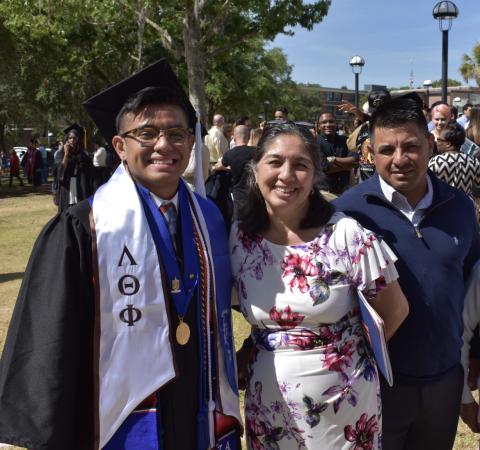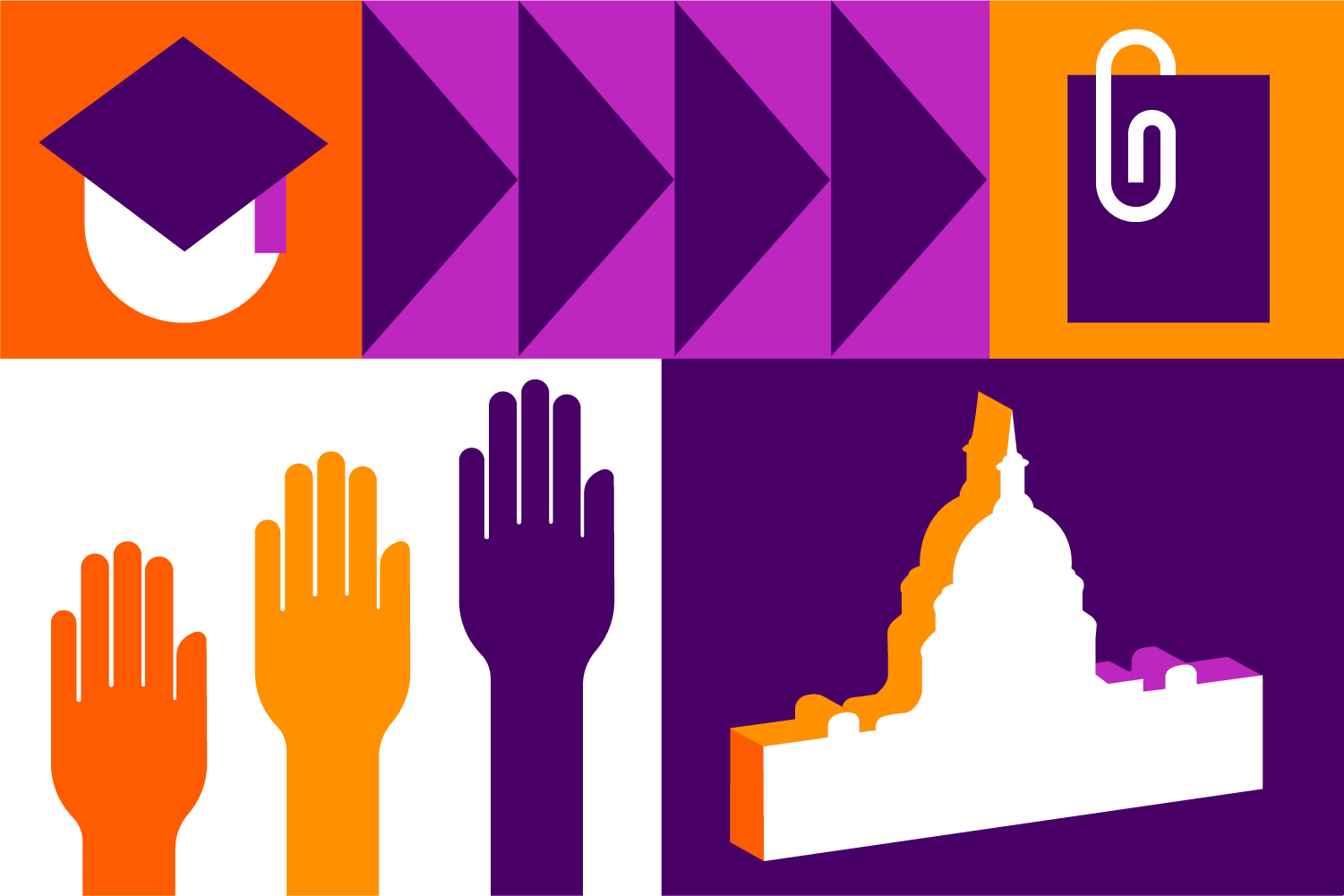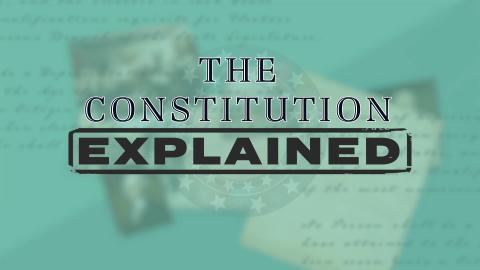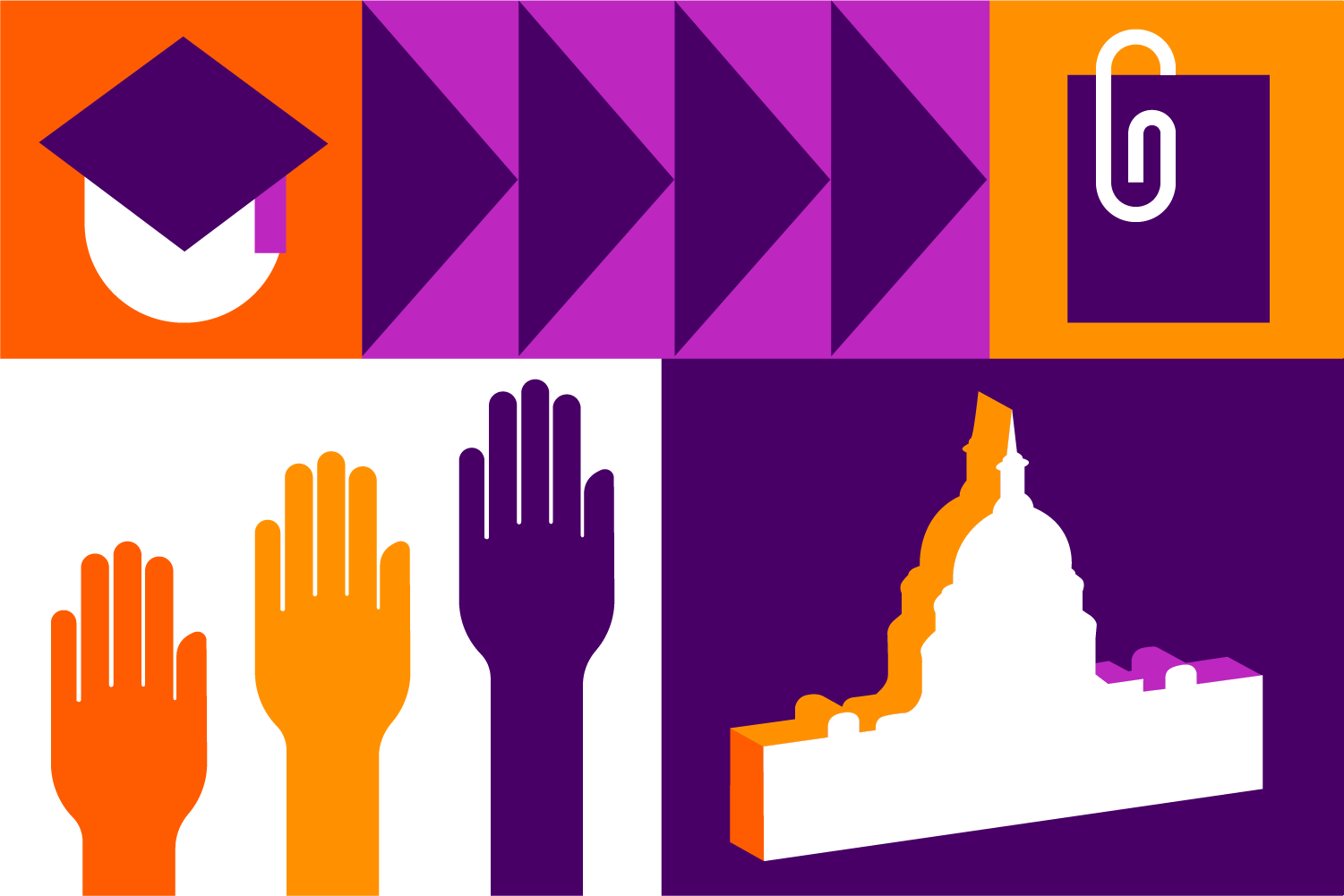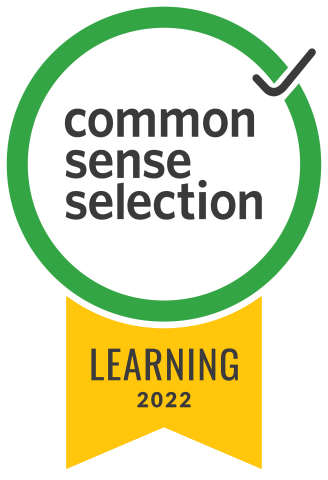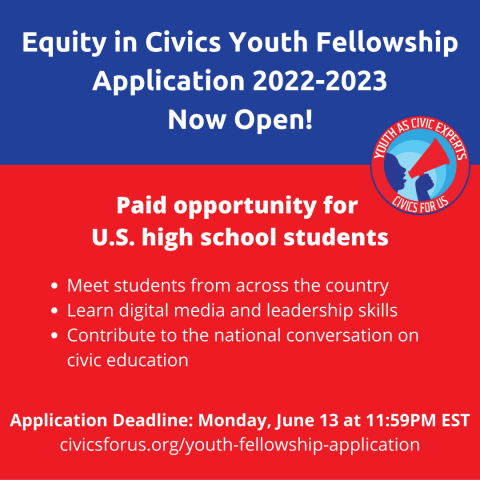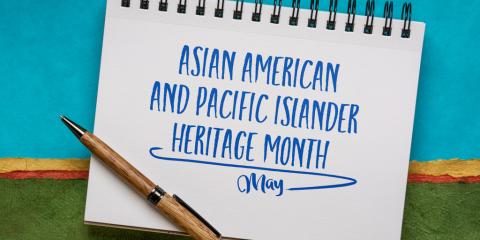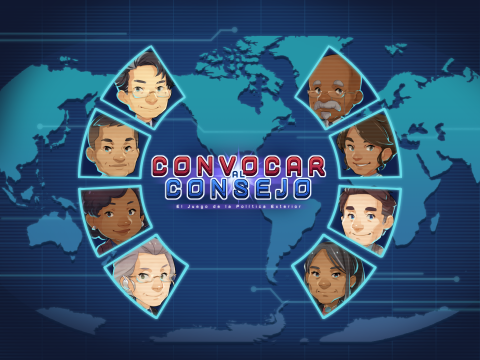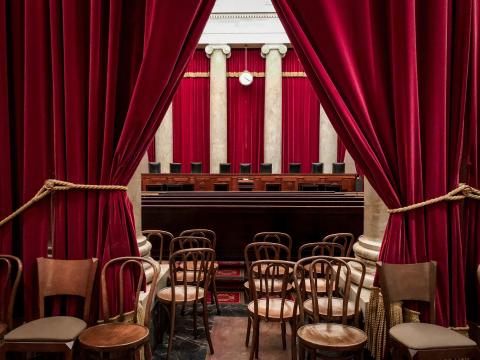Growing up in Miami, Florida, I was surrounded by Hispanic culture, Hispanic leaders, and the Spanish language. Thanks to my parents, I grew up speaking both Spanish and English. I was exposed to my Guatemalan heritage and explored how that intertwined with growing up in the United States. Unfortunately, this did not include a lot of civic knowledge or skills. My parents had not been a part of the electoral process in their country of origin or in the United States. They also never attended school due to the violence and poverty that had struck their country throughout the 20th century. Thankfully, I was able to develop my passion and knowledge for civics from my school and was able to take a dedicated civics course—something solidified for all Florida middle schoolers with the passage of the Justice Sandra Day O’Connor Civics Education Act in 2010.
It was not until I left Miami that I understood the importance of National Hispanic Heritage Month. This month of celebration and recognition allowed me to come together with other students at my university and recognize the importance of Hispanic contributions to the American story. As an educator, I had the opportunity to teach a World Cultures course every year, in which students got to explore different cultures through projects and research. It was always a special time when we got to the unit in Latin America, which I ensured landed during Hispanic Heritage Month. The majority of my students identified with this region because it was where their families were from. That is when I noticed how powerful Hispanic Heritage Month could be in the classroom. Acknowledging these stories and celebrations was one way of creating and celebrating community in the classroom.
These steps in my journey led me to iCivics. At a personal level, I understand how essential civic education is to those of the youngest generation who may not have a family that is civically engaged. Civic education serves as a way to overcome generational barriers to civic engagement. Luckily, my mom will have an opportunity to vote for the first time in her life on November 8.
I challenge educators and students to use this month’s significance and incorporate it into their school community however possible. One way is by studying leaders like U.S. Supreme Court Justice (and iCivics board member) Sonia Sotomayor, the first Latina and first woman of color to serve on the land’s highest court. Another way is by using iCivics’ ELL resources to make civics accessible to your English and multilingual learners. As a Latino, I feel proud to be able to continue to celebrate Hispanic Heritage Month.
Written by Michael Reyes
Born in Miami, Florida, Michael has nearly three years of teaching experience in his hometown. At iCivics, Michael manages the Equity in Civics Youth Fellowship and the Youth As Civics Experts Network. He supports our Youth Fellows in finding and using their voices towards their civic passion, a similar experience he went through in high school.

